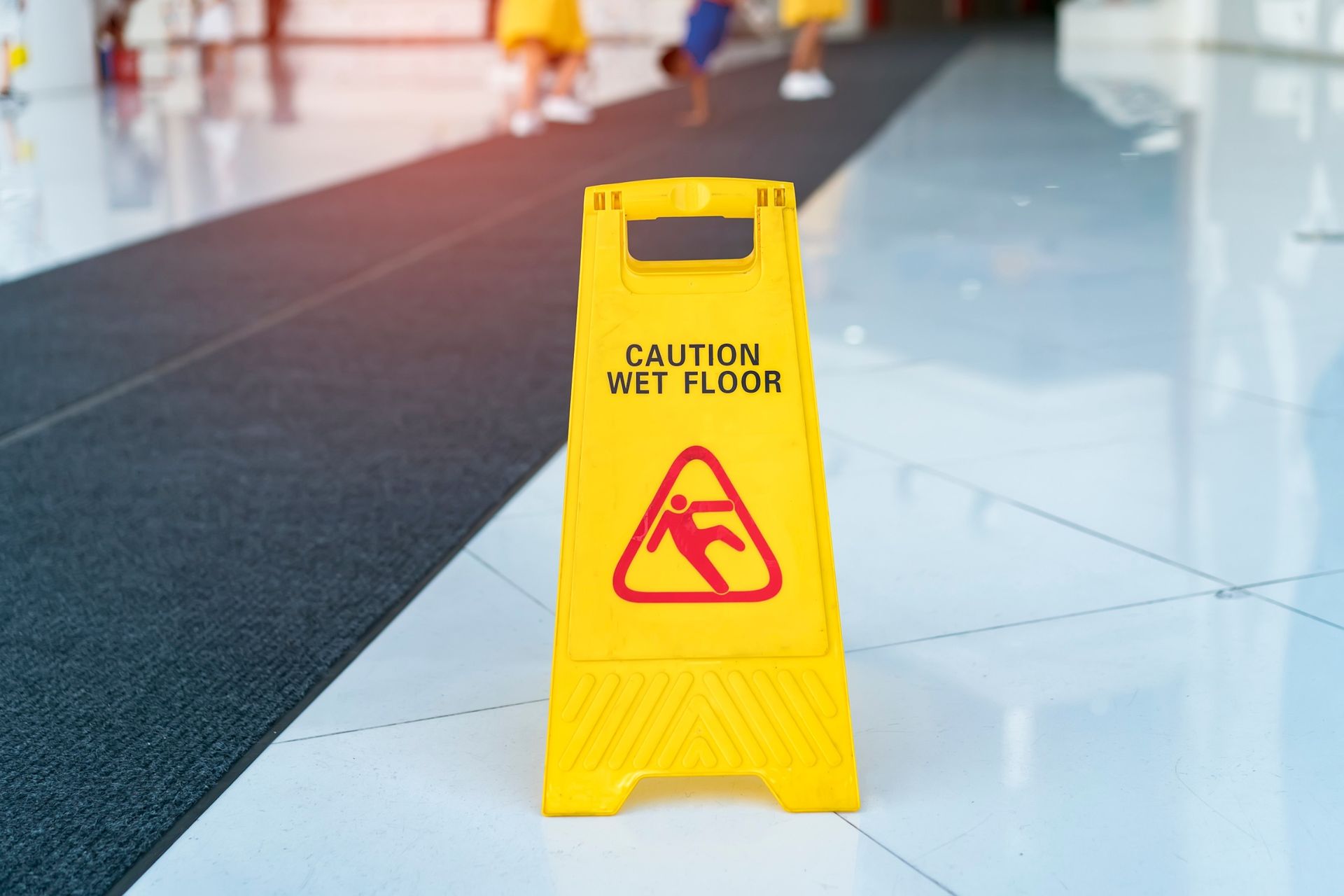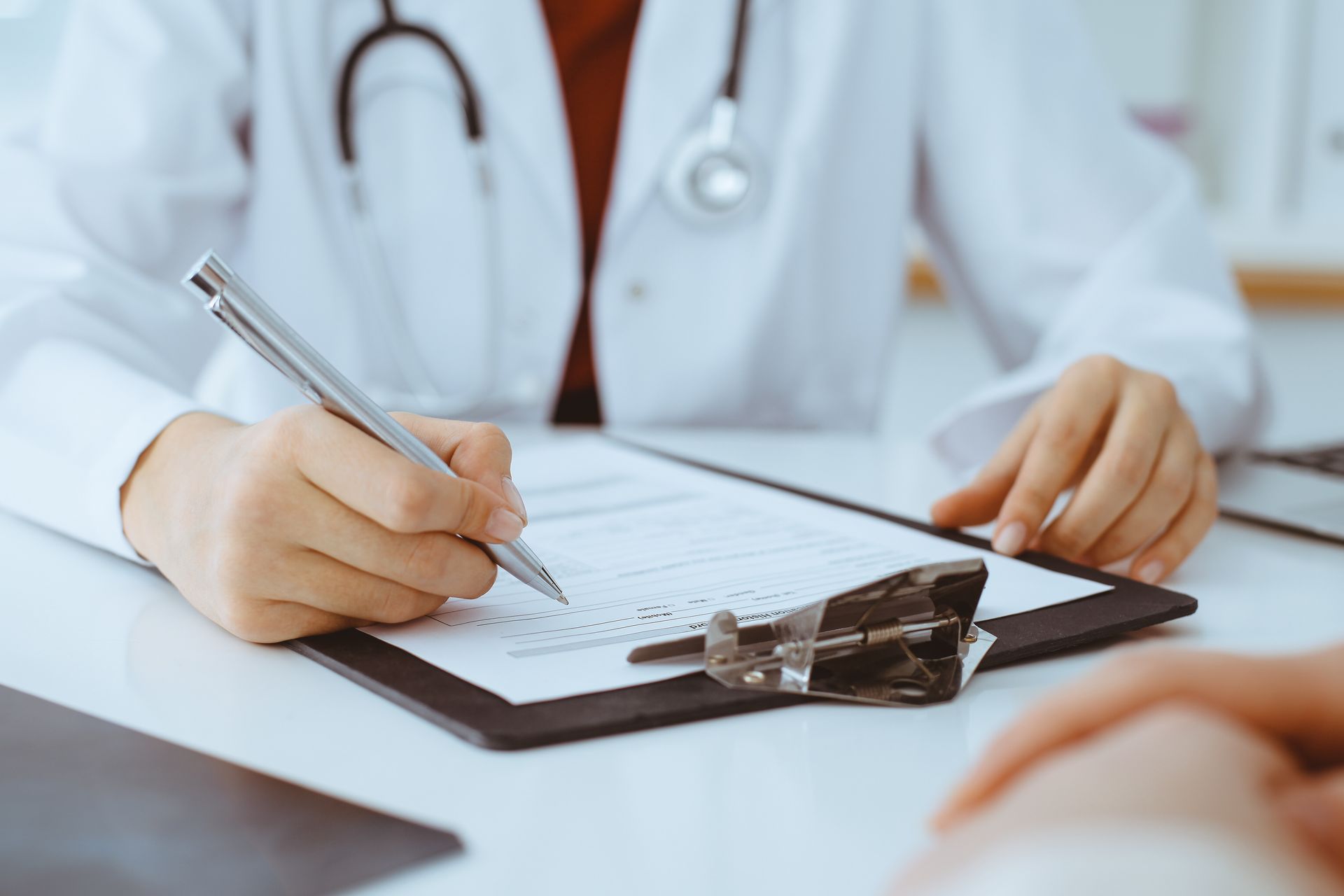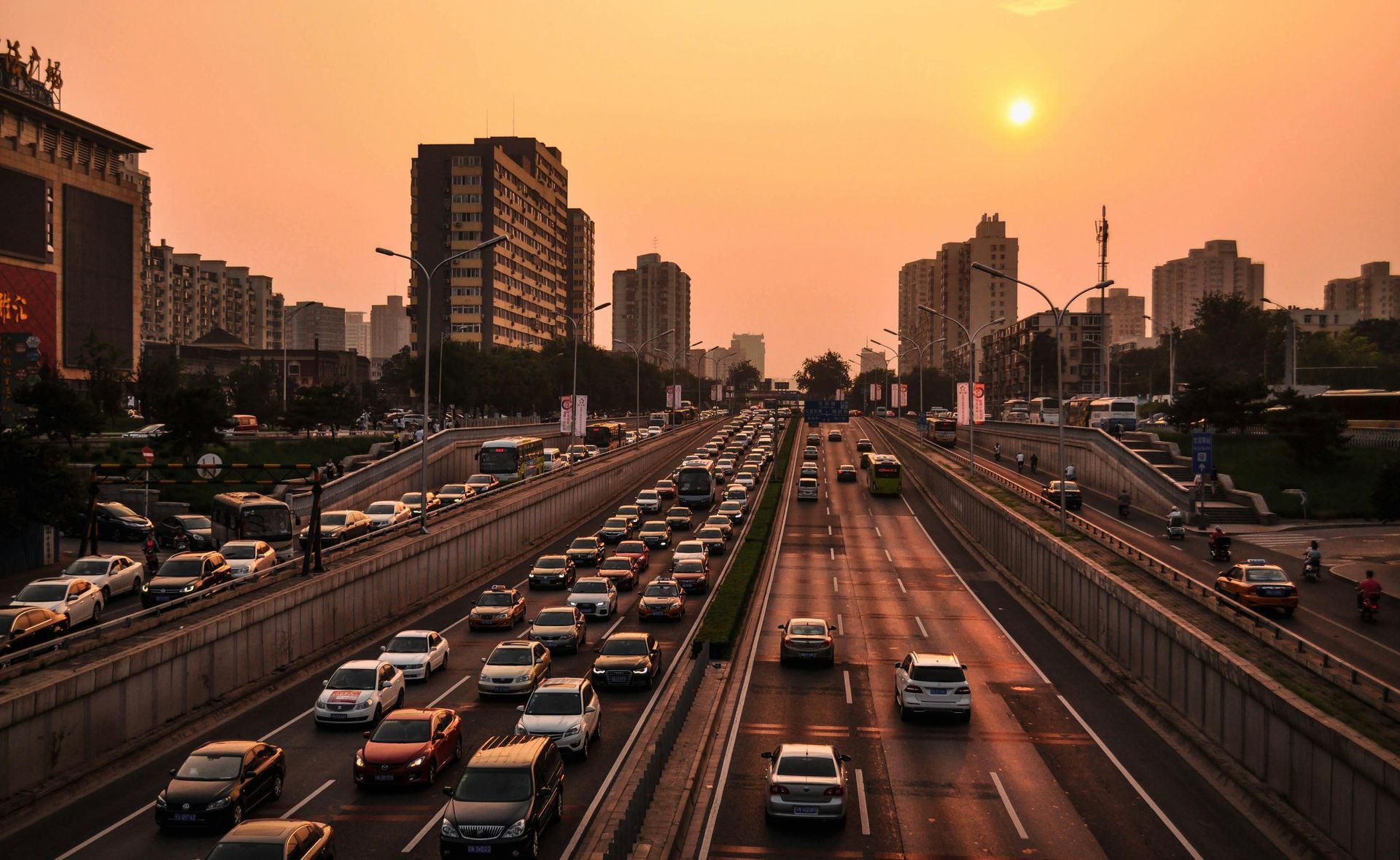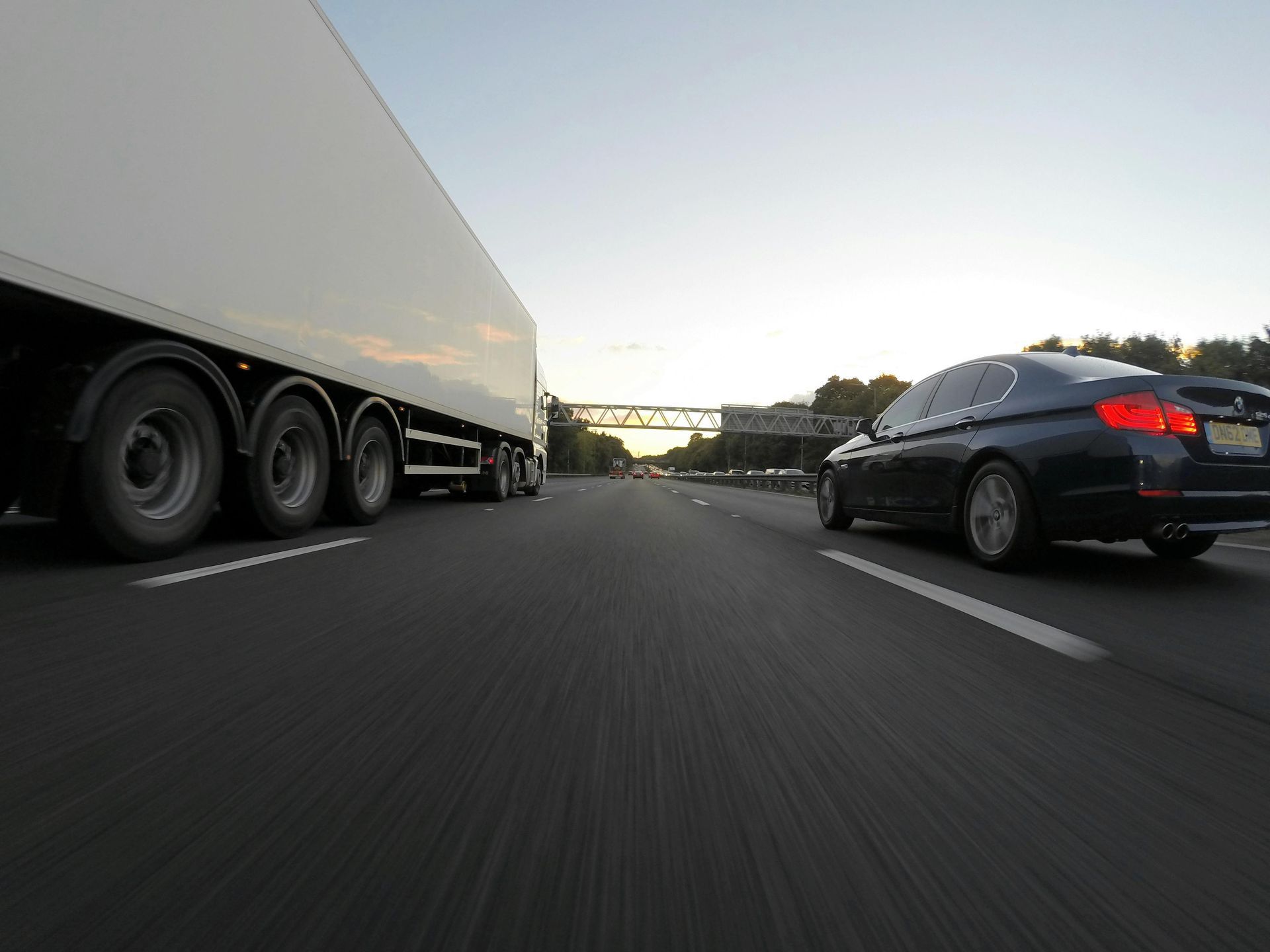Understanding Georgia Premises Liability Claims
Premises liability law dictates what happens when one party visits the premises of another party and suffers a mishap. This mishap might result in bodily injury, psychological trauma, or destruction and damage to personal property. Basically, if one party suffers significant inconvenience, pain, or other negative consequences, premises liability law may come into play.
These premises may be commercial — for example, a shop, bar or restaurant. On the other hand, they may be private — this is usually an individual's home. While individuals in Georgia have some freedom in what they do with their own properties, they may still be held liable if injury or damage is sustained by a guest on this property.
In this sense, premises liability law in Atlanta, Georgia is both broad and complex. It can apply to numerous situations, with a number of different outcomes for both claimant and defendant.
Responsible Parties
Under Georgia law, if the owner or tenant of a property invites, "induces, or leads others to come upon [his or her] premises for any lawful purpose", they may be held liable in the event of injury or damage. But what constitutes an owner or tenant? And what if there is both an owner and a tenant involved — who is responsible then?
This will vary between cases and will depend on the specific details.
For example:
A landlord leases commercial premises to a baker. The baker sells bread and other foodstuffs from their premises, inviting customers to visit the bakery to purchase these wares. A customer trips on a broken tile at the bakery and injures his knee. In this case, it may be decided that the tenant was responsible for maintaining a safe environment for customers, so they may be held responsible.
In most cases, the party that is using and maintaining the premises is likely to be held responsible. There may be some exceptions to this, however, and this is why legal professionals may need to disentangle the question of responsibility.
Reasonable Attention
If a party is responsible for maintaining their premises and ensuring it is safe for visits from guests and other parties, this is limited by reasonable expectation.
In the above example, there was a broken tile. It could be argued that this broken tile should have been repaired, and the situation should have been avoided. Let's take a look at another example.
A customer visits a store that has a step down from the doorway to the parking lot. This step is painted bright yellow for extra visibility, and there is a sign warning customers to take care. On leaving the store, the customer in question is looking at her phone, misses the step, and breaks her wrist. In this instance, it may be argued that the store's management did everything that could be reasonably expected of them to mitigate the danger to customers.
If, on the other hand, icy weather had left the step slippery, and the store's staff had not removed this ice or warned their visitors, the customer may be able to make a claim. Even if her lack of attention had led to her wrist injury, the customer could argue that more should have been done to mitigate the slip hazard. Again, the actual decision will depend on the specifics of the case.
The Claimant
According to liability law in Atlanta, Georgia, the identity of the claimant is an important factor to consider. The law essentially outlines three potential claimants — invitees, licensees, and trespassers.
An invitee is anyone who is either directly invited or is encouraged to enter the premises. If you directly ask someone to come to view your property, this person is an invitee. At the same time, someone you have never met who wanders into your store to browse your products is also an invitee.
A licensee is anyone else who has lawfully entered your property. For example, a salesperson looking to initiate a transaction.
A trespasser is someone who enters your premises illegally or without permission.
The law treats these categories of claimant differently, and the assistance of a legal professional may be required to help you understand the specifics of your case.
Gain Legal Support and Guidance
Do you need help with a public liability case in Georgia? Are you in search of legal guidance after an incident at your property or on your business premises? Reach out to our team, and let's see what we can do for you.










